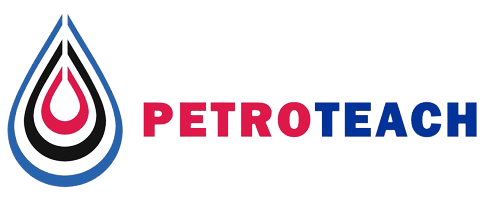
COURSE SCHEDULE
| Code | Date | Location | price (€)* |
|---|---|---|---|
| RES 418 | 4 - 6 Nov 2025 | Online | 1390 |
| RES 418 | 1 – 3 Jul 2025 | Online | 1390 |
| RES 418 | 6 – 8 Nov 2024 | Online | 1390 |
| RES 418 | 15 – 17 Jan 2025 | Abu Dhabi | 2990 |
| RES 418 | 5 – 7 Aug 2025 | Amsterdam | 2990 |
* Prices are subject to VAT and local terms. Ph.D. students, groups (≥ 3 persons) and early bird registrants (8 weeks in advance) are entitled to a DISCOUNT!
COURSE OVERVIEW
The aim of this course is to provide the skills needed to understand the process of upscaling a static reservoir model to a coarse model suitable for flow simulation. The course will discuss the interaction between static and dynamic modeling and strategies that will improve the quality of the upscaled model for different development scenarios.
COURSE OUTLINE
3 days
Day 1
o Introduction to upscaling
o Discussion of typical upscaling problems
o Identification of user-specific issues
o Upgridding, fundamental constraints of scale and grid design
o Upscaling static properties
Day 2
o Revision and exercise
o Upscaling dynamic properties
o Discussion on why we don’t upscale porosity or permeability
o Upscaling quality control
Day 3
o Case studies and horror stories
o The ‘un-upscalable grid’
o Practical aspects of upscaling with commercial software
INSTRUCTOR

Professor Stephen Tyson
Professor Stephen Tyson is the Chair Professor in Petroleum Engineering at Universiti Teknologi Brunei and is responsible for the development of teaching and research in this area. Previously he was the Chair of Subsurface Modeling at the Centre for Coal Seam Gas and Director of the Centre for Geoscience Computing in the School of Earth Sciences at The University of Queensland.
He has worked in reservoir characterization and modeling in the oil industry for more than 30 years in both conventional and unconventional reservoirs. He has worked extensively in the Asia-Pacific and Australia. His current research interests are in model validation, verification and acceptance criteria for both static and dynamic models, upscaling, uncertainty modeling and non-linear geostatistics. He is also an honorary professor in Petroleum Engineering at the University of New South Wales and EAGE instructor.
FAQ
DESIGNED FOR
The course is designed for geologists and reservoir engineers who struggle to match fluid volumes between the geological and simulation models.
COURSE LEVEL
o Intermediate to Advance
LEARNING OBJECTIVES
The learning objectives of this course are:
o An understanding of the benefits of upscaling
o An ability to make intelligent decisions during the static modeling workflow that will impact on the efficiency of upscaling
o An appreciation of the theoretical limitations of upscaling and the practical limitations of upscaling algorithms in commercial modeling programs
o A problem-solving and critical-thinking approach to modeling to improve upscaling effectiveness
REGISTER
Registration is now OPEN!
* Prices are subject to VAT and local terms. Ph.D. students, groups (≥ 3 persons) and early bird registrants (8 weeks in advance) are entitled to a DISCOUNT!
For more details and registration please send email to: register@petro-teach.com
REQUEST IN HOUSE
Would you like a PetroTeach training course delivered at a time or location to suit you?
click for request in house

